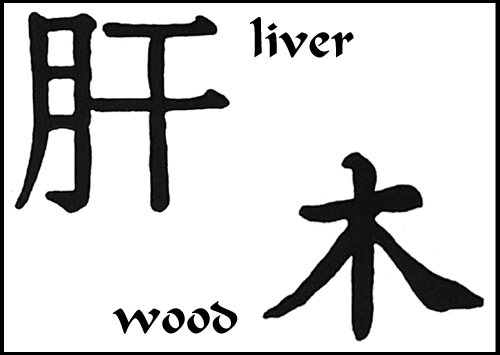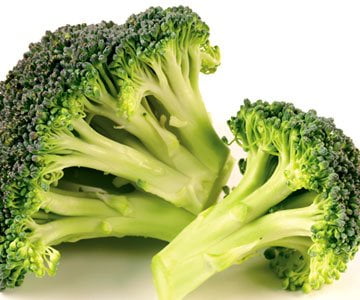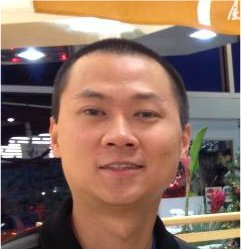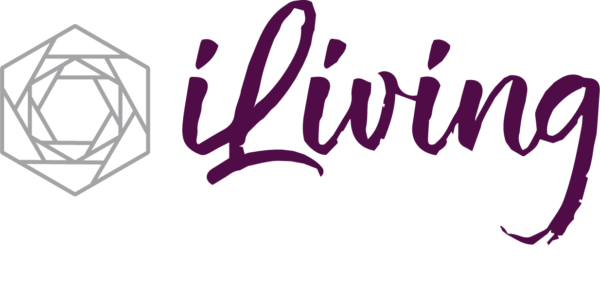The Liver in Traditional Chinese Medicine (TCM) is a very important organ. To fully understand it, let’s go over its main functions. The Liver in TCM has very different functions than the liver in western medicine. In western medicine, some of the functions are to produce certain proteins for blood plasma, regulate blood clotting and resist infections by producing immune factors and removing bacteria from the blood stream. In Chinese medicine, the liver has 6 main functions and they are as follows:
• Regulate Qi (energy)
• Open in eyes
• Stores blood
• Controls tendons and sinews
• Manifests in nails
• Houses ethereal soul
I will focus on the liver’s first function: regulating qi (energy). This prime aspect of the liver can have great affect on three aspects of the body: the emotions, digestion, and the free flow of blood.
1) Strongly effects emotions
If Liver function is normal, people will have smooth flowing emotional states favoring happiness. If the flow of Qi is stagnated or stuck, they will experience frustration, depression, irritability or anger. Various pre-menstrual syndrome symptoms will also arise such as irregular or painful periods, mood swings and breast tenderness.
The Liver is the organ system most affected by suppressed emotions. Therefore not dealing with your triggers and emotions for a long time can lead to “Liver Qi Stagnation” and eventually pathologies of other body organs.
2) Affects the digestion of food
If the Qi is not flowing smoothly (i.e. from emotions), the digestion system will have trouble performing their functions. If the Liver Qi is stagnated it can affect the Stomach causing nausea, vomiting and belching. It can also affect the Spleen and cause diarrhea.
3) Blood Flow
The relationship between blood and qi (energy) is very close and they always move together. The blood cannot go where the qi does not. If the free flow of the qi is stagnated by the liver, the blood will stagnate as well. The stagnation of liver qi will still cause stagnation of blood, which will lead to the gynecological symptoms.
Taking care of your Liver
 Every organ in TCM has a color to represent the type of food that is good for it. Green is the color of the liver. Many green colored foods such as vegetables support the liver. Some examples are celery, lettuce, broccoli, spirulina, cabbage, asparagus, artichoke, etc.
Every organ in TCM has a color to represent the type of food that is good for it. Green is the color of the liver. Many green colored foods such as vegetables support the liver. Some examples are celery, lettuce, broccoli, spirulina, cabbage, asparagus, artichoke, etc.
Also the temperatures of foods play a big role in Traditional Chinese Medicine. The temperature that’s appropriate for the liver is “cooling.” We should eat foods that are generally “cooling” to support the liver. Most fruits and vegetables fall into this category. Some examples of foods that are “warming” are meats, broth soups and spices.
Cultivating a healthy mind is another important aspect of keeping a healthy liver. This can be talking to good friends, sharing your feelings and ideas, being around people that promote a positive outlook on life. Exercise is great to relieve stress that life challenges us with. My favorites are mind-body exercises such as yoga, meditation and tai chi. Also having that space for yourself to do things you love such as reading, writing, dance and the arts are important too.
If we go through life and its pressures without having these outlets, emotions can build up and affect our liver in a negative way. Repressed feelings, being in situations that do not allow us to grow, excessive work without balance are all detrimental to our health.
Of course, if our liver is already damaged and if we are experiencing many of the symptoms that I mentioned above, you may need to see a professional acupuncturist for more specific and individualized treatment. Combining your treatment with dietary and emotional “detox” will be very beneficial.
In conclusion, Traditional Chinese Medicine’s viewpoint of the liver is very much a holistic approach. It is not only the foods we eat but also the life we live that affect us. Other organs such as the Heart, Lungs, Spleen etc. are just as fascinating to learn about as they control other aspects of our life such as the mind and the spirit. The more we are able to learn about the intricacies of our own organs, the more we are better equipped to take care of ourselves in these modern and challenging times.
 Peter Yeung is an Acupuncturist and Traditional Chinese Medicine Practitioner. He specializes in treating emotional conditions such as stress, anxiety, depression and also pain management. He practises at The Body Group and can be reached at: peter@thebodygroup.com.
Peter Yeung is an Acupuncturist and Traditional Chinese Medicine Practitioner. He specializes in treating emotional conditions such as stress, anxiety, depression and also pain management. He practises at The Body Group and can be reached at: peter@thebodygroup.com.
